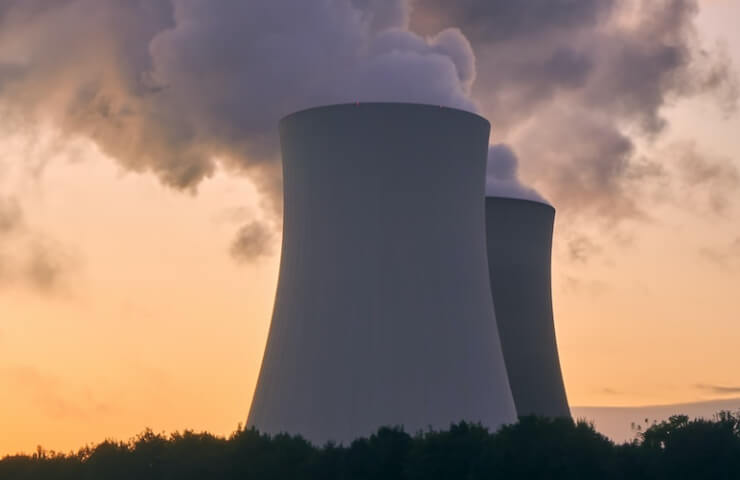U.S. firms developing a new generation of small nuclear power plants to reduce carbon emissions have a big problem: only one company sells the fuel they need, and that's a Russian company.
That's why the U.S. government is urgently seeking to use part of its stockpile of weapons-grade uranium to help fuel new advanced reactors and kick-start an industry he believes is critical to countries reaching global zero-emission targets.
“HALEU production is critical an important task, and all efforts to increase its production are appreciated,” said a representative of the US Department of Energy (DOE).
The energy crisis caused by the war in Ukraine has revived interest in nuclear power. Proponents of next-generation small reactors say they are more efficient, faster to build, and could speed up the shift away from fossil fuels.
But without the reliable source of high-grade, low-enriched uranium (HALEU) that reactors need, developers fear they will will not receive orders for their installations. And without orders, would-be fuel producers are unlikely to establish commercial supply chains to replace Russian uranium.
The U.S. government is in the final stages of assessing how much of its 585.6 tons of highly enriched uranium stockpiles, according to a spokesperson, should be dedicated to reactors.
The fact that Russia has a monopoly on HALEU has long worried Washington, but the war in Ukraine has changed the game, as neither the government nor companies developing new advanced reactors want to rely on Moscow.
HALEU is enriched to the 20% level, not about 5% for the uranium that powers most nuclear power plants. But only TENEX, part of the Russian state-owned nuclear energy company Rosatom, currently sells HALEU on a commercial basis.
Although no Western country has imposed sanctions on Rosatom because of Ukraine, mainly because for its importance to the global nuclear industry, US power plant developers like X-energy and TerraPower do not want to depend on the Russian supply chain.
In September, the White House asked Congress for another $1.5 billion in an interim state funding bill to increase domestic supplies of low-enriched uranium and HALEU to address potential difficulties in accessing Russian fuel.
Legislators removed the measure from the bill due to cost concerns, although it remains a priority for some Biden officials, including Secretary of Energy Jennifer Granholm.
In 2019, the government awarded a cost-sharing contract to build demonstration facility with Centrus, the only company outside of Russia currently licensed to manufacture HALEU.
While HALEU production was due to begin this year, production has been pushed back to 2023, in part due to delays with receipt of storage containers due to supply chain issues during the global pandemic, Centrus said.
Once the facility is up and running, it will be five years before Centrus can produce 13 tons of HALEU per year. But that's only a third of what the US Department of Energy's projects for US reactors will need by 2030.




